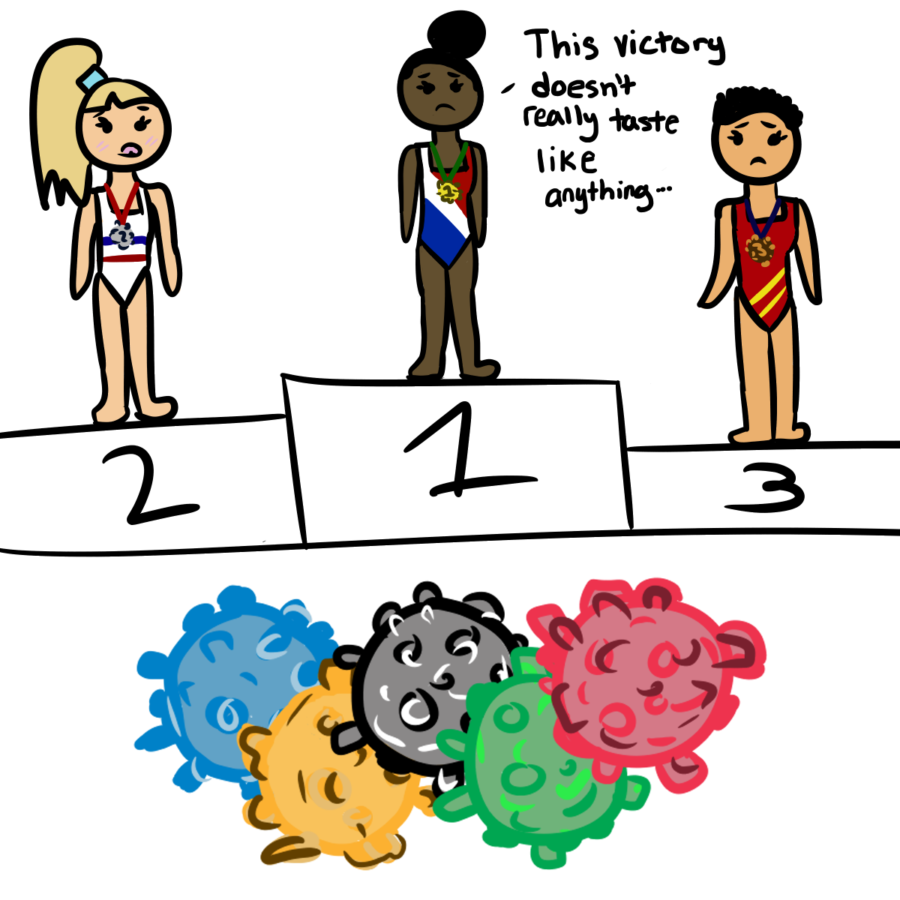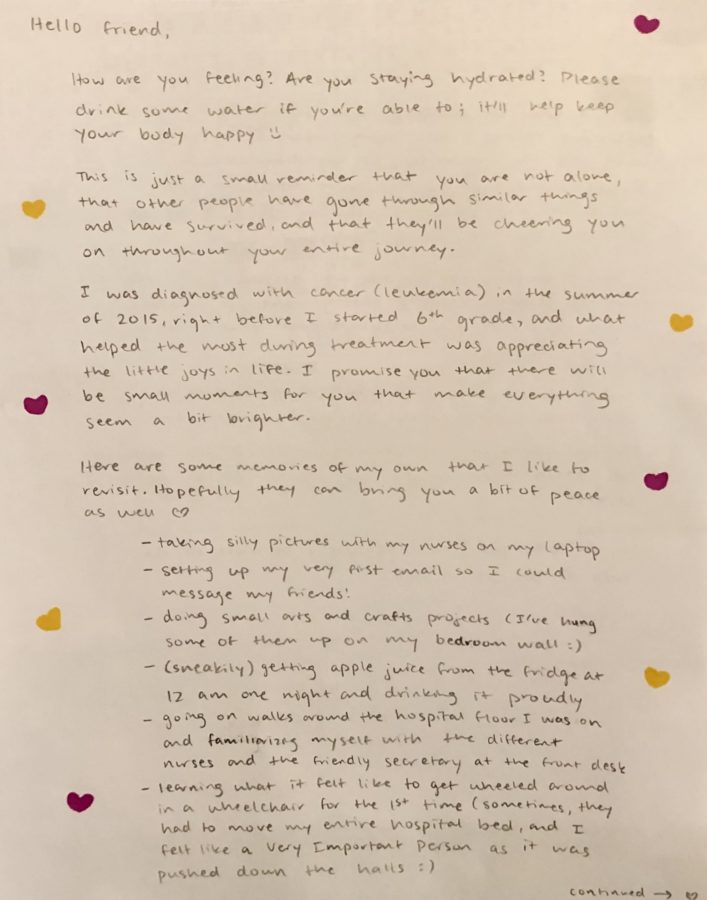By Alexis Costas, Sports Editor
The Tokyo 2020 Olympic Games have been postponed until the summer of 2021 as a COVID-19 safety precaution. Surely, the International Olympic Committee (IOC) thought, the world would have gotten the pandemic under control in a year’s time. Flash forward to February 2021, less than six months from the rescheduled Games, and COVID-19 cases remain on a steady incline worldwide. To much of the public, the idea of hosting an event as massive and globally involved as the Olympics seemed so ridiculous that thousands of people began taking to social media such as Twitter and Facebook to discuss its cancellation- that is, until Jan. 22, when the IOC published an announcement confirming that preparations for both the Olympic and Paralympic Games would be continuing as planned. Within 24 hours, the statement garnered over 10,000 interactions on Twitter alone.
The fact that the IOC was compelled to make an official statement in response to rumors at all says a lot about the international community’s uncertainty as to whether or not the Games should still occur this July. Hosting a gigantic meeting of athletes, coaches and spectators from as many as 206 countries would be catastrophic for the efforts of world health leaders to “stop the spread,” even though that is certainly a good enough reason on its own for postponement. The truth is, there isn’t a way for the Olympics to happen without horrible consequences, whether they be for people’s physical or mental health.
Obviously, one can’t overlook the fact that the world is in the middle of a global pandemic. As evidenced by the COVID-19 cases within the NFL and other major league sports, even daily testing and social distancing efforts can’t guarantee that no one will get sick. With people from all over the planet traveling to an urban area and many planning to compete in contact sports like boxing, even one infected person would be a massive health risk.
On top of that, new, more contagious COVID-19 strains recently discovered in the UK and South Africa have proven the virus to be a fast adapter. Doctors and scientists have no way of knowing how many mutations may develop by the time the Games begin, or how dangerous those strains might be compared to the current ones. With all the health variables coronavirus already brings to the table, the world doesn’t need the Olympics introducing more.
Another factor that most people have overlooked is that holding an Olympic Games in the era of COVID-19 would simply be depressing. If spectators end up being permitted at all, they’ll be heavily limited. The image of the most viewed event in the world having little to no in-person spectators is an uncomfortable one. Even though the Olympics aren’t as big a deal to American viewers as they used to be, it still has a massive audience without even considering that people from almost every nation on Earth will be tuning in. When I watch sports on TV these days, I always feel weird seeing seats occupied by cardboard cutouts, knowing that the cheers I hear are pre-recorded tracks echoing through a mostly-empty stadium. If I watched an Olympic Games limited by the current COVID-19 safety precautions, I’d only end up missing the way things used to be, which isn’t a very good feeling to have when you’re supposed to be entertained.
Even though the Olympics are not what the world needs right now, it would be inconsiderate not to acknowledge that a second postponement might deny hopeful athletes the chance to ever compete in an Olympic stadium again. The reason representing your country at the Olympic Games is such a big deal is because you’ve been deemed the best your nation has to offer- but maintaining peak physical condition is no easy task. If you’re a serious athlete looking to go pro in college or beyond, you might know firsthand how rigorous workout and dietary regimes can be.
For many Olympic trainees, especially those in the infamously intense gymnast community, the toll training takes on the body makes their windows of serious competition small. Postponing the Olympics until 2022 would essentially equal two lost years for Olympic athletes- some of whom will be too tired or physically strained to compete by the time the Games finally happen. It’s a sad thing for a person to come to terms to, but it’s very possible that the Olympic Games happening this July will be postponed yet again- meaning some athletes competed for their country for the last time without even knowing it.
No matter how hard the IOC and Tokyo government try, the 2021 Olympics won’t feel normal. They won’t have passionate crowds of fans cheering in the stands, eager to see their country perform, and that lack of energy can’t be truly replicated. The Olympics are supposed to bring people from all over the world together, but in a time where coming together could literally put lives at risk, maybe it’s best to hit the pause button and wait until the Games can be held properly- and safely.

























































































